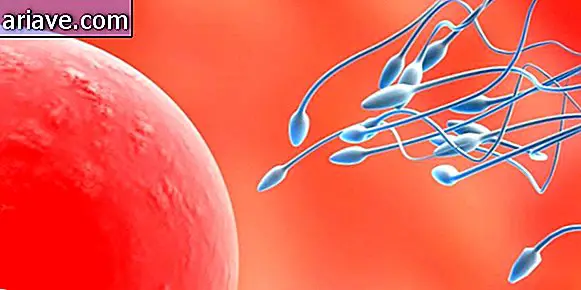Why do mosquito bites itch so long and so long?
The most basic and straightforward answer to this question is that the human organism is mildly allergic to one of the proteins found in mosquito saliva.
Itching, redness and swelling are some ways the body can deal with this component. But more than that, certain types of bites take days to stop pricking.

In new research at the Baylor School of Medicine in Texas, USA, scientists led by virology professor Rebecca Rico-Hesse reproduced our immune system in mice to try to understand the extent of the effect of this bite.
They injected human stem cells from the umbilical cord into pups. This meant that as they grew up, they had a much more similar defense mechanism than ours.
After that, the scholars left them exposed to mosquitoes so that they each received about four bites - from which their immune systems were active for about seven days.

The active cells analyzed were mostly taken from the skin, spleen and bone marrow - the big news from the study, according to the study author, as you can't go around looking at human bone marrow after insect bites .
Although animal research is not much appreciated, this analysis can help you better understand how to deal with these problems and how our immune system works.
Throughout this experiment, Rico-Hesse realized that there is a large variation in cytokine levels during the "healing" period; they increased and decreased, unlike when the analysis is done only in the laboratory, without working with an active organism.

In the laboratory, these proteins - which help the body's cells communicate during the immune system's activation process - showed growth only.
The fact that they remain active for so long suggests that the bites are not just about the affected skin and that the very components of our defense mechanism may be bringing mosquito saliva substances into the bloodstream - making transmission possible. of diseases like dengue.
If it were feasible to block the process, we could have a huge advance in the way we treat these conditions.











